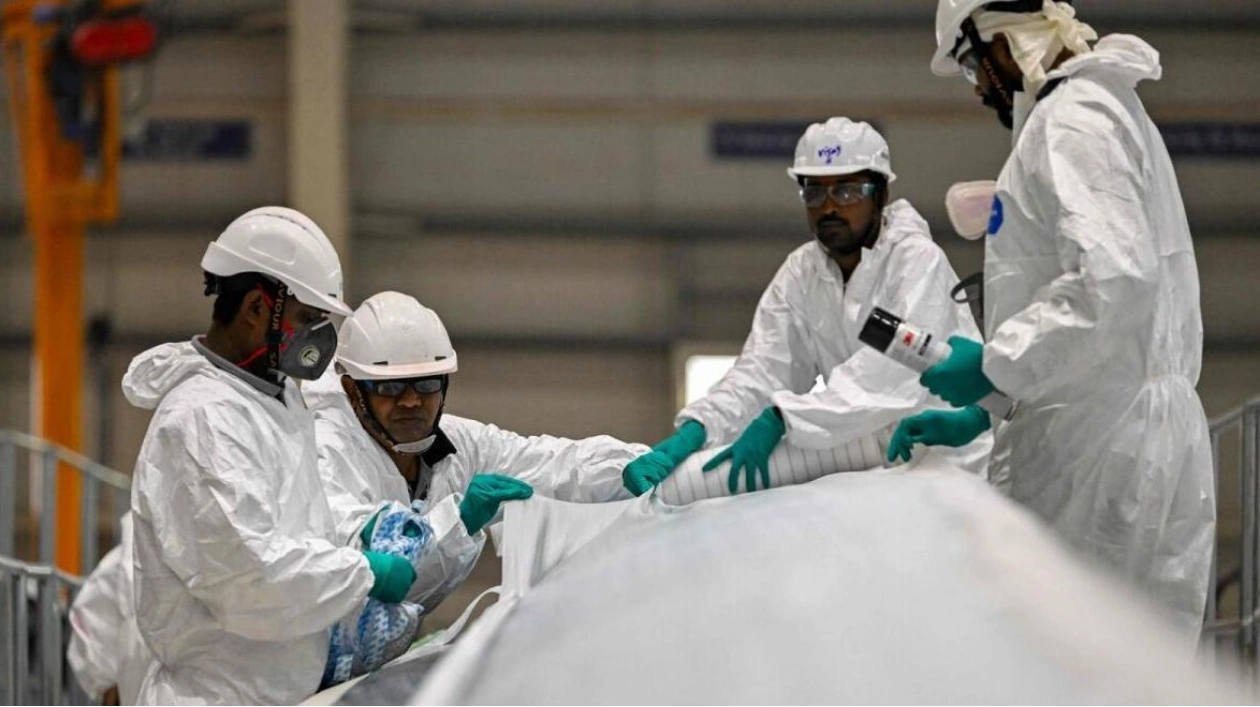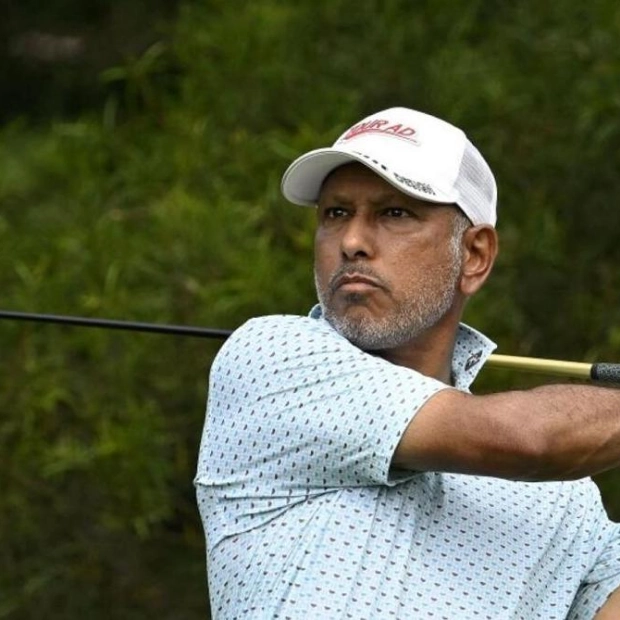The Indian economy is projected to experience robust growth, with real GDP expected to expand between 6.5 and 7.0 percent in 2024-25, as revealed by the Economic Survey presented on Monday, preceding the Modi 3.0 budget announcement on Tuesday.
The survey, presented by Finance Minister Nirmala Sitharaman, highlights that India, poised to overtake Japan as the world's third-largest economy before 2030, is demonstrating resilience despite geopolitical tensions. It notes that inflation is largely contained, with the Reserve Bank of India forecasting it at 4.5 percent for FY 25 and 4.1 percent for FY 26.
To sustain this recovery, the survey emphasizes the need for significant domestic efforts due to the complexities in reaching global agreements on critical issues like trade and climate. It calls for a shift towards grassroots reforms and enhancing governance structures to ensure that past structural reforms lead to robust, sustainable, and inclusive growth.
Key policy areas identified for the near to medium term include creating employment, addressing skill gaps, reforming agriculture, easing MSME challenges, managing the green transition, navigating the complexities with China, expanding the corporate bond market, reducing inequality, and improving youth health.
Chief Economic Advisor V Anantha Nageswaran stresses the need for a national dialogue on agricultural policy reform, despite existing support measures. He is confident about meeting the 7.0 percent growth target, but acknowledges risks such as volatile weather and global economic uncertainties.
The survey also highlights the need for substantial job creation until 2036 to meet the demands of a growing workforce. It notes India's resilient trade performance amidst global instability, with an improved current account balance and reduced trade deficit.
India must address its reliance on China for critical minerals and assess the financial impacts of reducing coal use as it advances its green initiatives. The survey underscores the importance of diversifying trade partners and enhancing competitiveness to overcome export challenges.
Lastly, it emphasizes the critical role of social welfare programs in empowering marginalized groups, particularly women and rural populations, and the ongoing challenges in achieving inclusive growth and equitable resource access.






